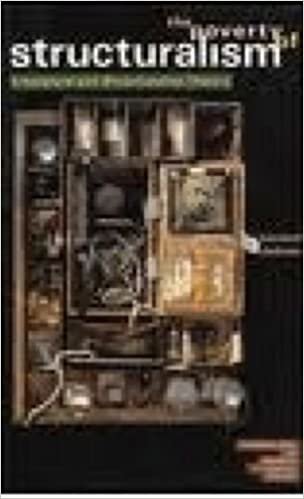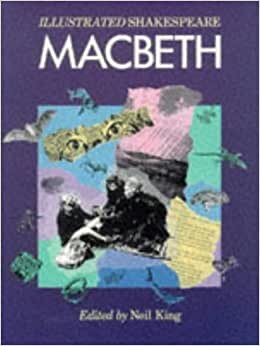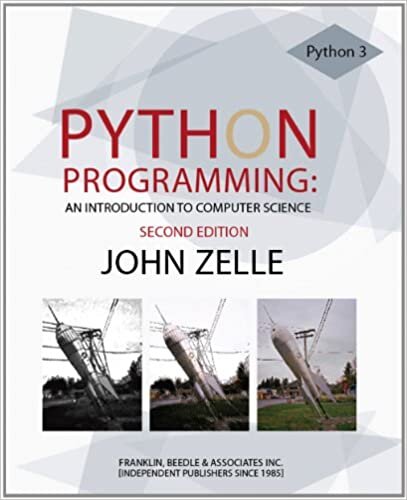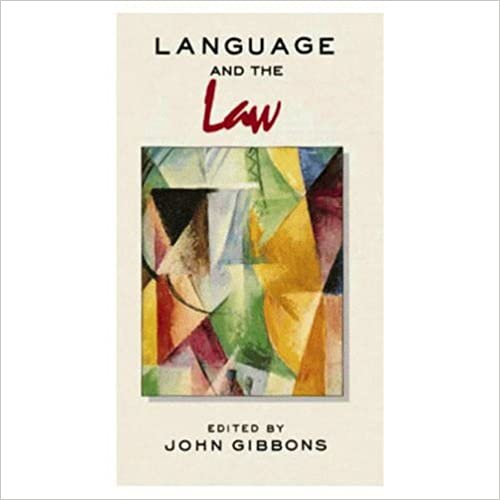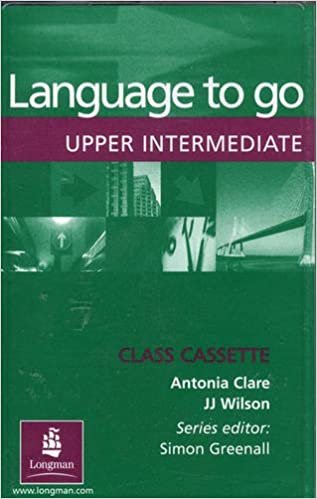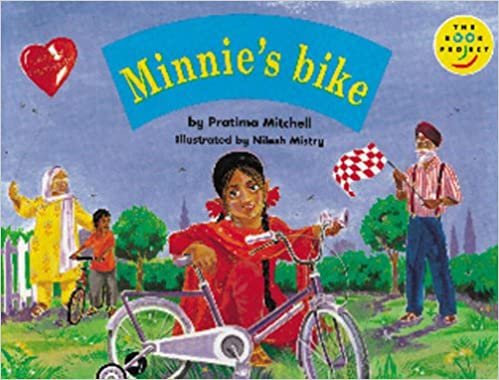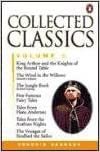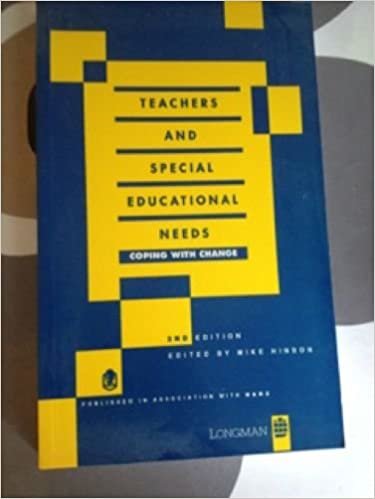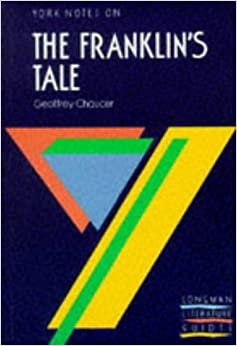The Poverty of Structuralism: Literature and Structuralist Theory (Foundations of Modern Literary Theory) indir kitap bedava
itibaren Longman
The Poverty of Structuralism: Literature and Structuralist Theory (Foundations of Modern Literary Theory)
A study of structuralist theory from the powerful ideas of Saussure around 1910 to some of the odder claims of British cultural theorists in the 1970s and 1980s. It explains what Saussure actually claimed about language, while he was still alive, and still a linguist; and how the structuralist model of language developed, and dominated European linguistics for around 40 years; until transformational-generative grammar came along in the 1950s and 1960s and swept it away, just before French literary structuralism got off the ground. It differentiates Saussure's own theories of linguistics (and their development within linguistics up to Roman Jakobson) from the idealist philosophy of language fathered on him by the French structuralists in the 1960s, which is separately treated in this book. It explains briefly how literary structuralism arose - not in France, but in Prague in the 1930s - and how structuralism became French, in the anthropology of Levi-Strauss in the 40s, and in the psychoanalytic appropriation of some of Saussure's terminology by Jacques Lacan in the 1950s. It thus dispels the normal misunderstanding of the general reader and some English departments, that sees structuralism as a French invention of the 1960s, with Saussure's posthumous book of 1916 as sole precursor. It discusses the new developments in France in the 1960s, including the fateful confrontation with French philosophy of the subject, that turned Saussure into an idealist philosopher, and made structuralism briefly into a popular philosophy that superseded existentialism. It shows that the 1960s, far from seeing the birth of structuralism, were the years in which the structuralist model broke down and was abandonded; leaving behind it the quite different and slightly bizarre set of approaches influenced by Lacan, Althusser, Derrida, Foucault and others, and often called "post-structuralist". It then makes a detailed study of the whole trajectory of the criticism of Roland Barthes, the most famous of structuralist critics, illustrating his evolution from pre-structuralist to structuralist modles, and then under the influence of philosophers like Derrida and Kristeva, out into a "post-structuralist" position resembling a form of textual mysticism. It looks at part of the work of Jacques Derrida, treating him seriously as a philosopher, though making no attempt to cover the whole range of his work, but concentrating on his criticisms of Saussure and of structuralism; it adds a brief account of his influence in America. It ends with an extensive discussion of the critical misreadings, and misunderstandings of Saussure and of linguistics in literary circles in the 1970s and 1980s; it goes back to the 1916 "Cours de Linguistique Generale" to correct the misunderstandings of Saussure, it offers arguments from contemporary linguistics and philosophy of language to correct the misunderstandings of language, and it points to interesting possibilities for research in cognitive linguistics. It illustrates some of the misunderstandings from the works of French and British theorists; Julia Kristeva, Tony Bennett, Rosalind Coward and John Ellis, Katherine Belsey. In the last chapter, without discussing post-modernism in any detail, it argues a strong case against the relativism which is the main theoretical component of post-modernism, and in favour of a realist theory of literature. The major original critical argument of the book, which gives it its title, is that the structuralist model of language, even in its heyday, was inherently inadequate to account for the actual structures and functioning of language, and even less adequate to account for those of literature, society, or the human mind. This "logical poverty" of structuralist theory has some consequences even in the later period when structuralism as such has been abandoned.
The Poverty of Structuralism: Literature and Structuralist Theory (Foundations of Modern Literary Theory):22 Temmuz 1991
Popüler yazarlar
Kolektif (3966) Springer (1155) KOMİSYON (445) Varios Autores (286) Kollektif (203) Cambridge University Press (173) Springer; 1 basım (152) ohne Autor (141) Sigmund Freud (120) American Society of Mechanical Engineers (113) Oxford University Press (110) etc. (105) NA. VIKRAMAN (104) John Wiley & Sons Inc (93) Wendy Body (92) Jules Verne (91) de Gruyter (90) Asian Development Bank (72) Springer; 1. baskı (71) ASME (70)En İyi Yayıncılar
Springer Forgotten Books CAMBRIDGE UNIVERSITY PRESS Longman Adalet Yayınevi Oxford University Press John Wiley & Sons Inc Peter Lang GmbH, Internationaler Verlag der Wissenschaften MACMILLAN EDUCATION Independently Published de Gruyter Springer; 1 basım On İki Levha Yayınları Doğan Egmont Yayıncılık; 1. baskı İş Bankası Kültür Yayınları; 1. baskı PRENTICE HALL Oxford University Press España, S.A. İş Bankası Kültür Yayınları; Facsimile. baskı 1001 Çiçek Kitaplar; 1. baskı Kessinger Publishing